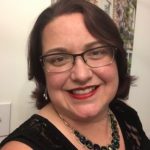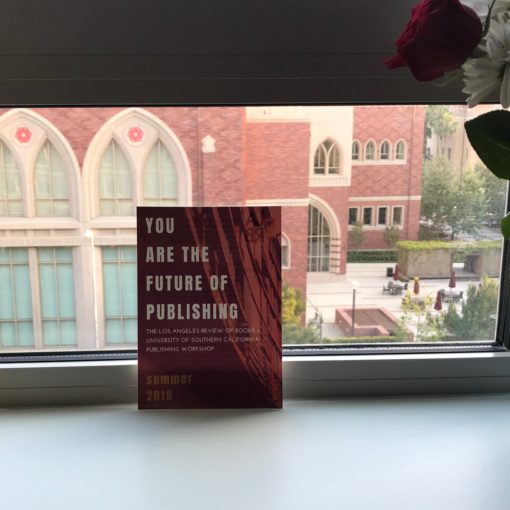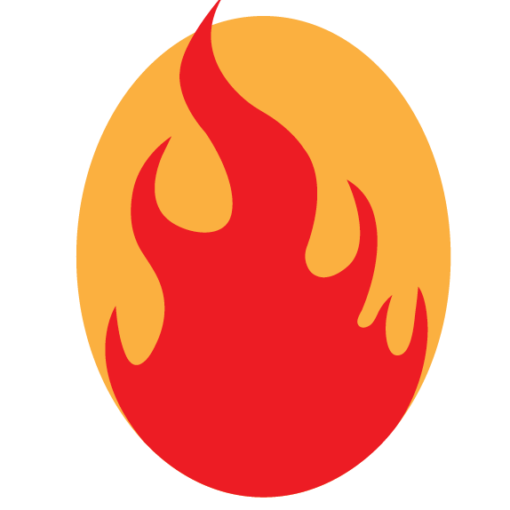
Curriculum is the beating heart of graduate education. It is the answer to some very fundamental questions:
What do we want the next generation of scholars to know?
What do we want the generation of scholars to be able to do?
And, perhaps most important but least often articulated: Who do we want the next generation of scholars to become?
It is understandable, then, that the idea of changing doctoral curriculum fills many some members of the academic community with anxiety. Questioning the curriculum of a PhD program means, in some sense, questioning the raison d’etre of a discipline. At the same time, disciplines are not and have never been static, and changes made to the curriculum are among the most durable and substantive changes that a program can make.
It is for this reason that curriculum reform has always been at the core of the mission of the PublicsLab to recenter the public good in higher education. Last month, the PublicsLab sponsored a one-day workshop called Doctoral Curriculum for the Public Good, for interested faculty, staff, and students at The Graduate Center to come together and discuss the vitally important issue of doctoral curriculum reform.
During the morning part of the workshop, thirty-five people from a wide range of departments heard from Jenna Lay, associate professor of English at Lehigh University, about her department’s efforts to reform their curriculum, and discussed the third chapter of Katina Rogers’s forthcoming new book, Putting the PhD to Work: Thriving in and Beyond the Classroom. The selection from Rogers’s book focused on how we define success in the academy and how we might create a more capacious and inclusive definition, which takes into account the impact of our scholarship and teaching beyond its borders. In the afternoon, participants broke into working groups to talk about the applications they might create for the Doctoral Curriculum Enhancement Grants that the PublicsLab will be dispersing this year to departments in The Graduate Center.

In participating in the morning’s discussion and listening to people’s conversations in the afternoon, I was struck all over again by both how difficult curriculum change is in the academy, and also by how crucial it is. Beyond that, I have three more specific observations to offer.
- Curricular change is cultural change. This is why curricular change is often so contentious––it speaks to the values of the faculty and the discipline. Changing the curriculum requires making hard choices, since it can’t expand indefinitely, and faculty members are often protective of their particular specializations. Furthermore, curriculum drives both hiring, as departments consider not just what they want to teach, but who they want to teach it, and recruitment of students. Different types of curricula attract different types of students, and departments must be prepared to support and train the students they accept. A more public-facing curriculum is going to attract students who want to do that kind of work––and the faculty must be prepared for that.
- Students are change-agents. This is something that my friend, mentor, and colleague Chris M. Golde has been saying ever since her work on the Carnegie Initiative on the Doctorate in the early 2000s. Much of the change in departments is driven by students. Faculty are often capable of seeing clearly how much the discipline has changed, while students are able to envision much further it could go. For this reason, having both faculty and students involved in curriculum reform helps maintain the tension between tradition (which all disciplines have and want to maintain to some degree) and reform for the future (which is necessary if our disciplines are going to thrive).
- We need more interdisciplinary spaces for these conversations. One of the working groups that had the energy was the interdisciplinary group, the members of which were there on their own, without other people from their departments. Although curriculum tends to be thought of as discipline-specific, the challenges that face those undertaking curriculum reform cross disciplinary boundaries. The solutions are less specific to particular disciplines as well. Ideas like a public writing course, modifications to the first-year proseminar, greater collaboration with research centers, or a student-driven unconference all cross disciplinary boundaries. Furthermore, there is significant benefit to meeting faculty and graduate students from other departments and forming a supportive community free from departmental politics.
And finally, one last bonus observation: No one really knows what the purpose of their qualifying exams is or should be. Quals are often vestigial structures, sort of like the human appendix––ubiquitous but fairly useless, inoffensive right up until they cause a great deal of trouble. Rather than serving as a cumulative experience or the chance to bridge the gap between coursework and the dissertation, too often exams are a sort of hazing ritual––a fiery hoop that must be jumped through. This makes the qualifying exam rife with possibility for change.
I started this piece by noting that because curriculum gets at fundamental aspects of scholarly identity, it’s easy to understand the anxiety that many feel toward its reform. But tellingly, most graduate students don’t have much in the way of that particular anxiety. For students, the chief source of anxiety is uncertainty about the survival of the discipline and the ways in which their own lives are tied to it. They sense that survival in this age of precarity will require a different sort of training than those who have gone before them received.
This may not be a new phenomenon; as I said, disciplines aren’t static. They have always shifted and changed––however begrudgingly––to meet new challenges. But as we face down what may be a very long twenty-first century for those of us living through it, these changes appear more urgent than ever before. And so curricular change, while difficult, remains absolutely necessary.
 Stacy Hartman is the director of the PublicsLab at The Graduate Center, City University of New York. At the PublicsLab, she manages the Mellon Humanities Public Fellowship program, which trains early career graduate students in the humanities in the methods and practice of public scholarship. The first interdisciplinary cohort of 12 public fellows begins in September 2019. In addition to the fellowship program, Dr. Hartman is responsible for developing the PublicsLab internship program, managing a robust slate of events related to public scholarship, and serving as the managing editor of the program’s website. Before coming to The Graduate Center in 2018, she was the project manager of Connected Academics at the Modern Language Association. She is currently co-editing a volume titled Mission Driven: Reimagining Graduate Education for a Thriving Humanities Ecosystem. She holds a PhD in German Studies from Stanford University.
Stacy Hartman is the director of the PublicsLab at The Graduate Center, City University of New York. At the PublicsLab, she manages the Mellon Humanities Public Fellowship program, which trains early career graduate students in the humanities in the methods and practice of public scholarship. The first interdisciplinary cohort of 12 public fellows begins in September 2019. In addition to the fellowship program, Dr. Hartman is responsible for developing the PublicsLab internship program, managing a robust slate of events related to public scholarship, and serving as the managing editor of the program’s website. Before coming to The Graduate Center in 2018, she was the project manager of Connected Academics at the Modern Language Association. She is currently co-editing a volume titled Mission Driven: Reimagining Graduate Education for a Thriving Humanities Ecosystem. She holds a PhD in German Studies from Stanford University.






